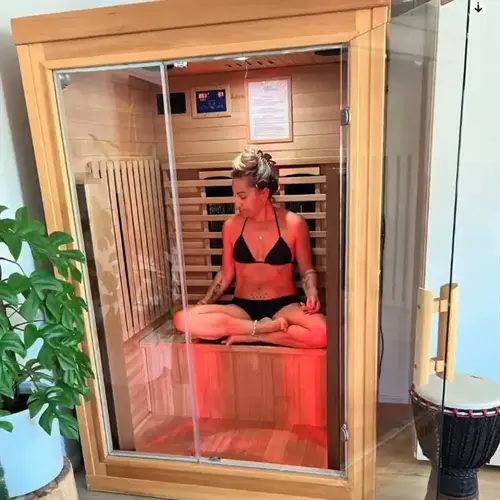How does self-care prevent burnout?

Written by
Robert Kelly
Reviewed by
Prof. William Dalton, Ph.D.Stopping burnout starts long before you get too exhausted. It begins long before you need to focus on reactive self-care practices. They are the things you do during the good times to create an emotional resilience yardstick in advance. It is like building a seawall before the storm arrives, not during the flood.
Micro-Practice Buffering
- 5-minute breathing sessions lower cortisol accumulation
- Brief nature exposure regulates stress hormone production
- Journaling prevents emotional overflow through daily processing
Boundary Preservation
- Work email cutoffs protect evening recovery time
- Calendar blocking for lunch breaks prevents energy depletion
- 'No' practice guards against overcommitment drain
Restorative Rituals
- Weekly digital detoxes reset cognitive overload
- Herbal tea ceremonies activate parasympathetic nervous system
- Movement snacks release muscular tension patterns
Micro-practices develop physiological buffers against stress accumulation. Simple activities, such as a brief breathing practice, can help slow blood pressure and disrupt the stress cycle. Micro-practices serve as a safeguard, preventing smaller daily stressors from accumulating and causing extreme fatigue; the effects of collective practice build up due to repeated use.
Boundaries are energy conservation systems! If you block your lunch breaks on your calendar, you will be able to focus at least until midday. If you have email curfews, your evening restoration time is protected! Limits prevent deprivation and eventual emotional bankruptcy due to the drain of energy. Your available energy will be devoted to the significant priorities.
Restorative rituals stimulate the parasympathetic nervous system. Slowing heart rates in herbal tea ceremonies and eliminating cognitive overload in technology "detoxes" are ways to replenish neurotransmitters depleted by chronic stress. Make sure to schedule time in your day and week to restore your biological baseline on a regular basis.
Consistent investment in self-care creates sustainable capacity through neurological rewiring. Daily practices strengthen the pathways of emotional regulation. Over time, you build resilience to withstand increasing pressure. You can expand your capacity for caregiving without compromising your own well-being.
Preventive self-care is superior to crisis interventions because it enables individuals to sustain their baseline resilience. A steady diet of regular micro-practices requires less energy than recovering from collapse. Your own well-being becomes part of your foundations for everything else you nurture.
Read the full article: 10 Essential Self Care Tips for Women

